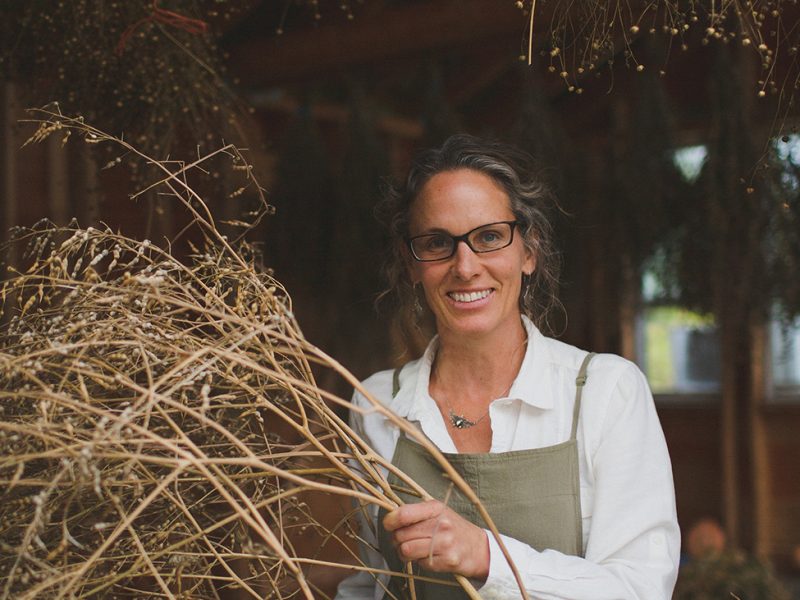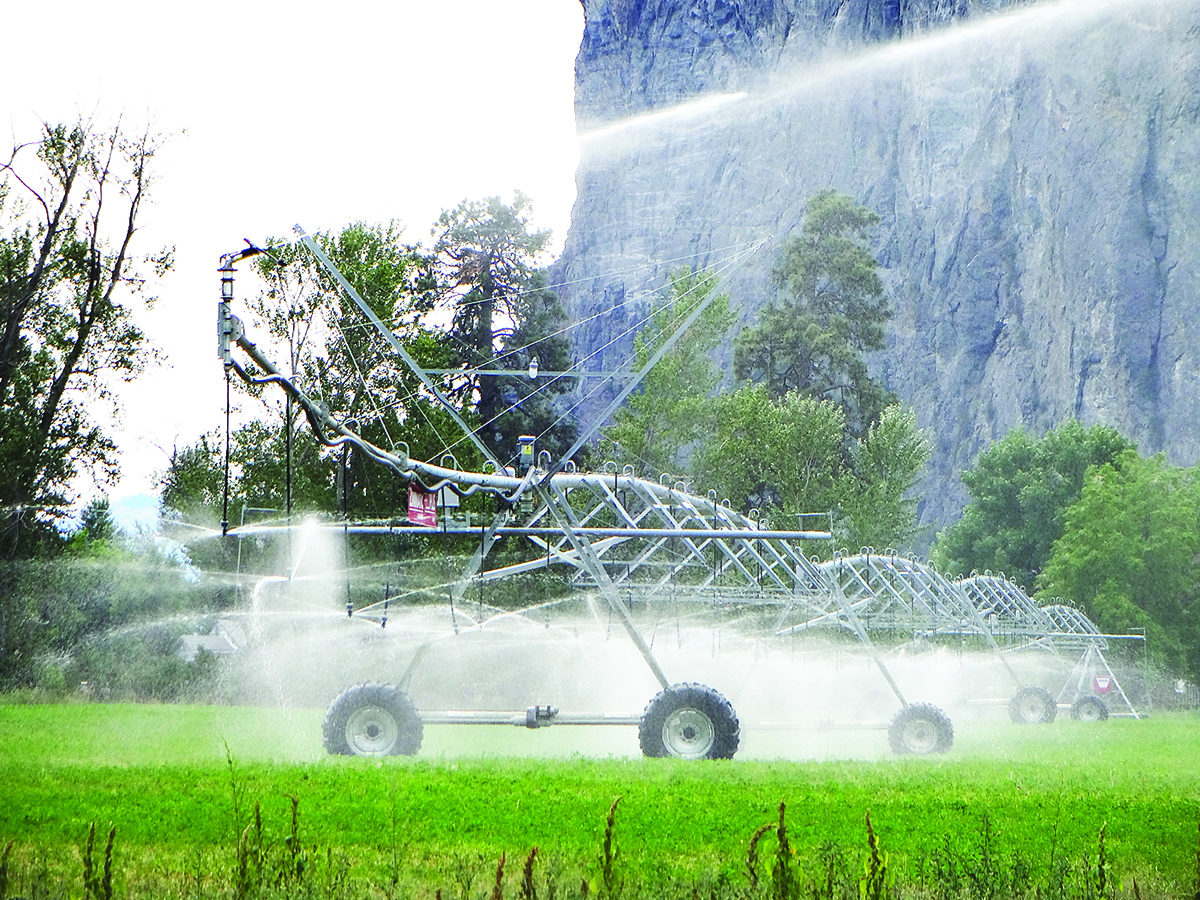VICTORIA – The Oregon state legislature gave first reading in April to a bill that would severely restrict canola farms in the Willamette Valley Protection District in an attempt to guard the area’s specialty seed producers.
Currently at the public hearing stage, seed companies support the move. The valley is ideal for producing high yields of quality seeds because of a unique combination of soil, water and a favourable climate.
Fiona Hamersley Chambers, owner of Metchosin Farms, says 80% of US spinach seed is grown there, but notes that southern Vancouver Island is also ideal for growing spinach and other crops.
“British Columbia is the seed basket of Canada,” she says. “Nowhere else in Canada can you grow the extraordinary range of seed crops successfully that we can here. Metchosin could be full of spinach seed. We have the ideal conditions. I pull it out as a weed.”
Hamersley Chambers spent a lot of time over the last two years developing a concept that she’s calling Craft Seed, a fusion of lessons from the craft beer movement and the VQA, which she pitched last year to then agriculture minister Lana Popham.
“VQA was a response by the British Columbia wine industry to California imports,” she says. “We need to be able to explain in simple terms and with a very basic logo, why we are different. I think that Craft Seed is a way to do that.”
Her proposal highlighted bulk imported seeds as a food security loophole and included a certification scheme that would clearly identify BC-grown seed. She says Popham liked the concept but it didn’t get traction.
SeedChange is a charity that works with Canadian farmers through the Bauta Family Initiative on Canadian Seed Security in partnership with FarmFolk/CityFolk in BC. It estimates that 97% of vegetable seeds planted in Canada are imported.
FarmFolk/CityFolk BC seed security manager David Catzel wrote a letter to the BC Ministry of Agriculture and Food last year supporting Hamersley Chambers’ proposal, but FarmFolk/CityFolk has since submitted its own proposal that recommends a designation based on a pledge rather than certification.
“[We] would actually be working with all the seed growers to come up with quality standards we all agree to adhere to, and then we will pledge to do that, rather than certification,” says Catzel. “Certification is expensive to run. I didn’t want to burden farmers with additional fees.”
The province has not yet made a decision on whether to fund the FarmFolk/CityFolk proposal.
The motivation behind both proposals is to distinguish good quality, locally grown seed from internationally sourced seeds.
“Even if [local seeds are] comparable to the international market, they’re better because we can mitigate all those supply-chain issues that will inevitably come up at some point in the future,” Catzel adds.
FarmFolk/CityFolk’s initiative builds on previous work to develop industry capacity for BC seed growers, including variety trials, detailed enterprise budget templates and three mobile seed cleaning trailers that travelled more than 8,500 kilometres around BC last year making 35 different stops.
The current trials include three types of lettuce being evaluated for hot-season growing and two types of carrots. Carrots normally take two years to produce seed, but they were able to partner with UBC Farm and cut that down to a year by taking advantage of a winter greenhouse.
Catzel says the proposal that is currently with the ministry would include gathering seed growers together to develop quality assurance standards, come up with a brand and launch a media campaign. Both he and Hamersley Chambers are hopeful it will get the go-ahead.
“This is a designation for BC seed farmers that is long overdue and I’m hopeful by working together we’re going to make this happen,” says Hamersley Chambers. “We really do not have food security if we don’t have seed security. People need to understand how little seed we produce.”


 Water infrastructure, food security
Water infrastructure, food security